It took only 4 days for both caps to be reached: general cap (65,000) and for those with the U.S. advanced degrees (master's cap, 20,000).
USCIS has reached the congressionally-mandated 65,000 H-1B visa cap for fiscal year 2019. USCIS has also received a sufficient number of H-1B petitions to meet the 20,000 visa U.S. advanced degree exemption, known as the master’s cap.
USCIS will REJECT and RETURN filing fees for all unselected cap-subject petitions that are not prohibited multiple filings. (Please note: rejection is not a denial).
USCIS will continue to accept and process petitions that are otherwise exempt from the cap.
- Petitions filed for current H-1B workers who have been counted previously against the cap, and who still retain their cap number, will also not be counted toward the FY 2019 H-1B cap.
- USCIS will continue to accept and process petitions filed to:
- Extend the amount of time a current H-1B worker may remain in the United States;
- Change the terms of employment for current H-1B workers;
- Allow current H-1B workers to change employers; and
- Allow current H-1B workers to work concurrently in a second H-1B position.posted
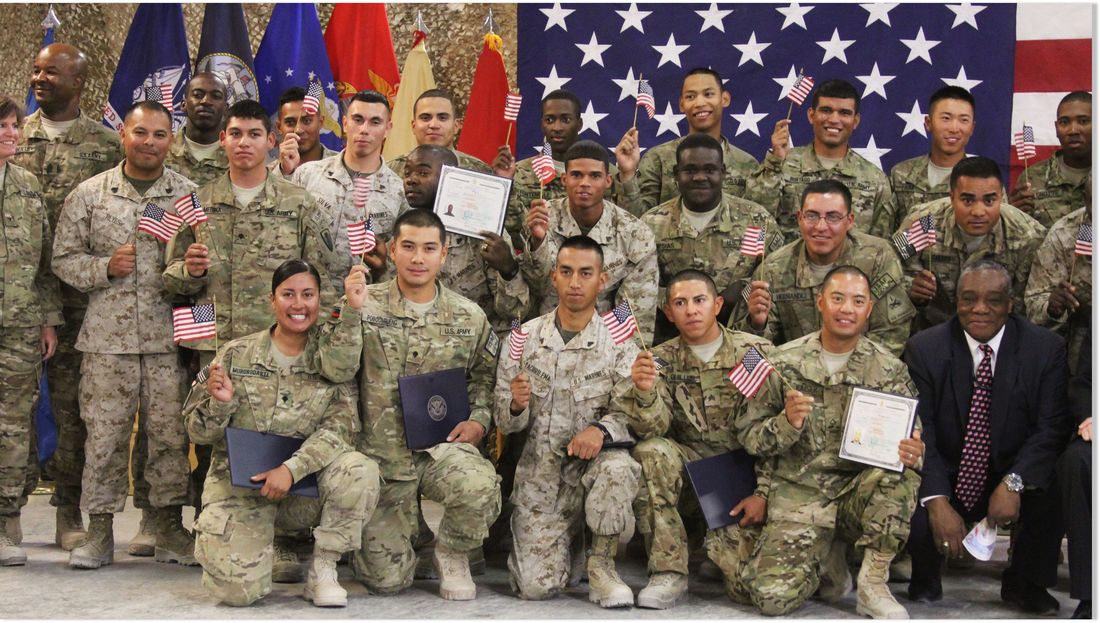


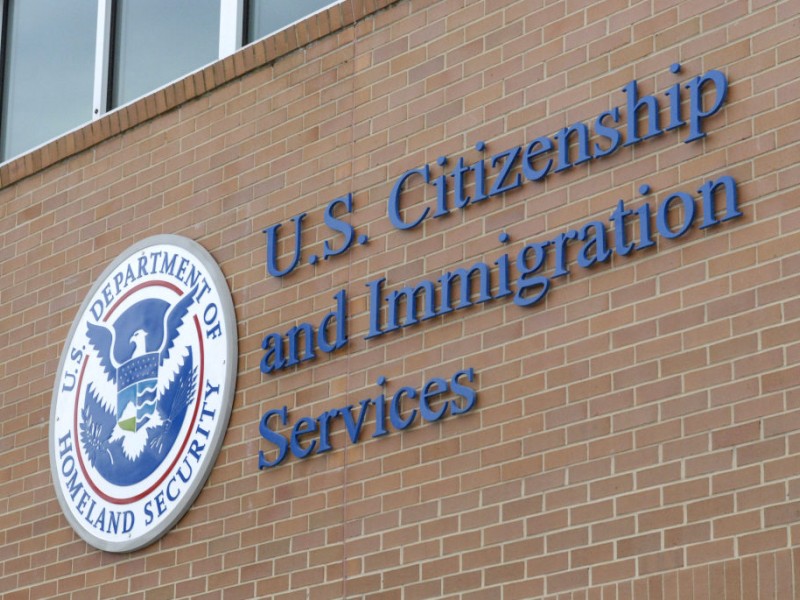





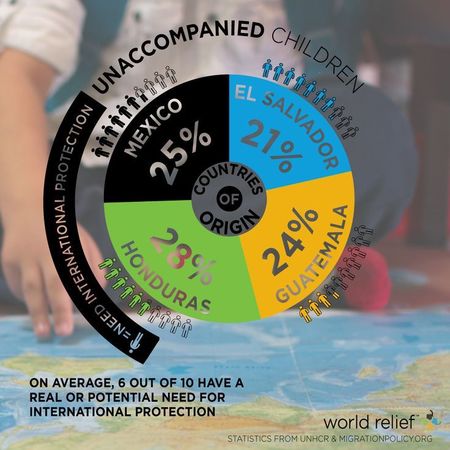
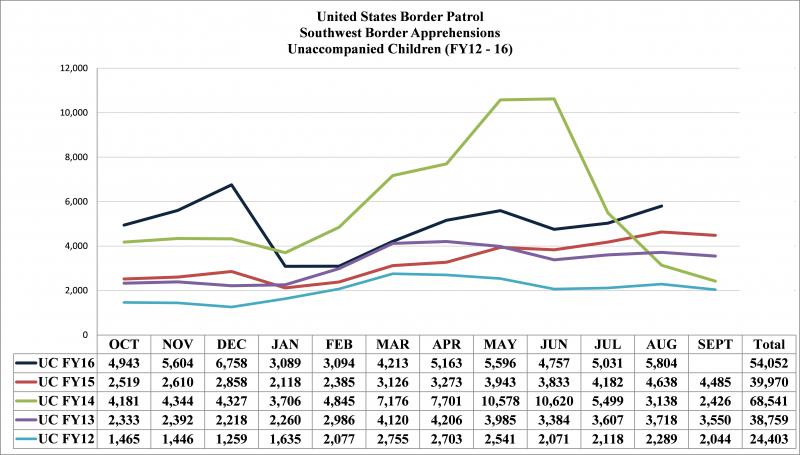
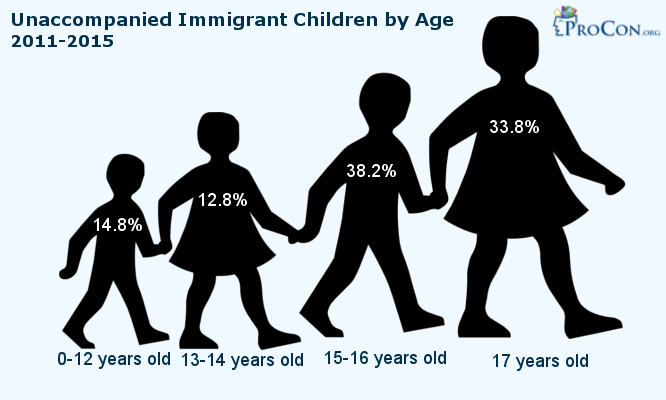
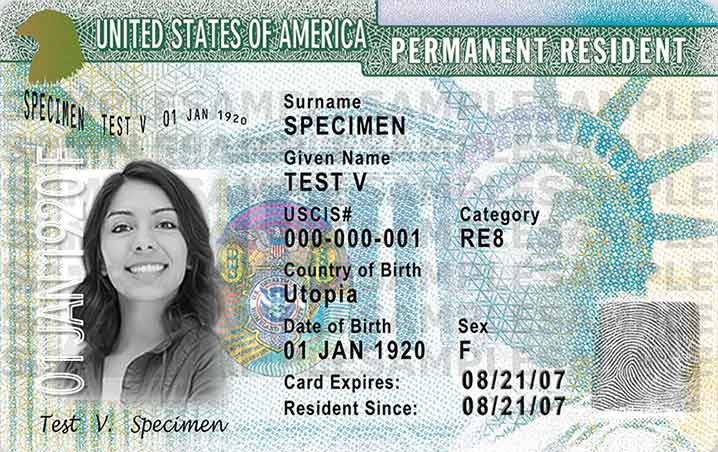
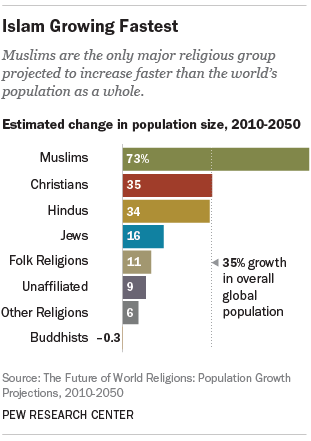

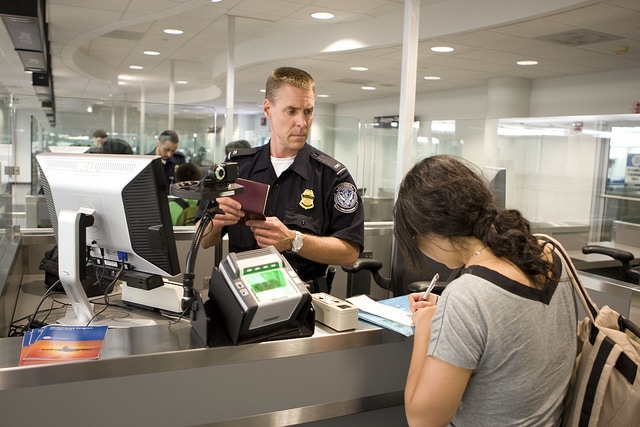






 RSS Feed
RSS Feed